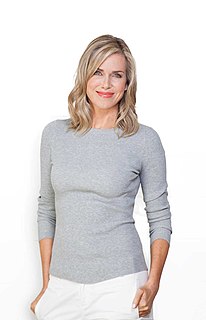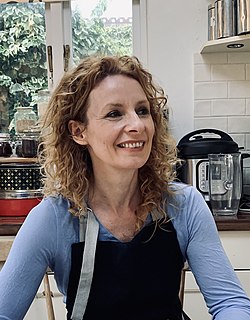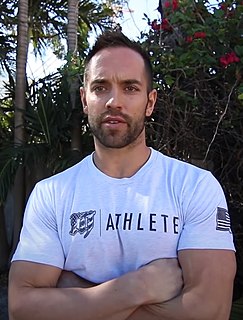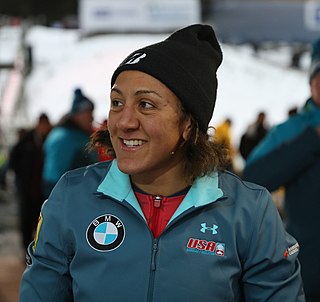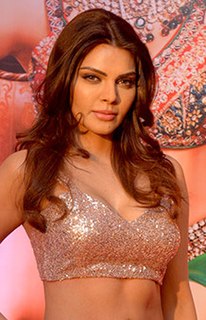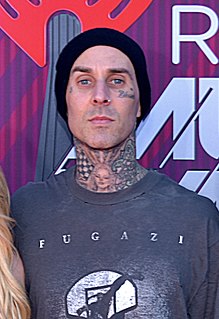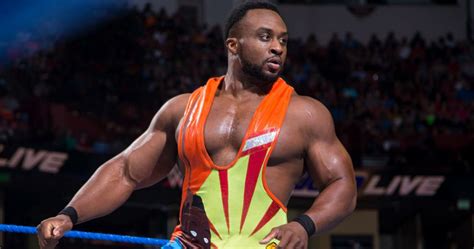A Quote by Margaret Cuomo
You want two-thirds of that plate to be consisting of vegetables, whole grains and fruits, with one-third of it protein. That protein can be a bean - black beans, chick peas, lentils. It can be a lean protein, like fish or poultry.
Related Quotes
The ideal human diet looks like this: Consume plant-based foods in forms as close to their natural state as possible (“whole” foods). Eat a variety of vegetables, fruits, raw nuts and seeds, beans and legumes, and whole grains. Avoid heavily processed foods and animal products. Stay away from added salt, oil, and sugar. Aim to get 80 percent of your calories from carbohydrates, 10 percent from fat, and 10 percent from protein.
Elsewhere the paper notes that vegetarians and vegans (including athletes) 'meet and exceed requirements' for protein. And, to render the whole we-should-worry-about-getting-enough-protein-and-therefore-eat-meat idea even more useless, other data suggests that excess animal protein intake is linked with osteoporosis, kidney disease, calcium stones in the urinary tract, and some cancers. Despite some persistent confusion, it is clear that vegetarians and vegans tend to have more optimal protein consumption than omnivores.

